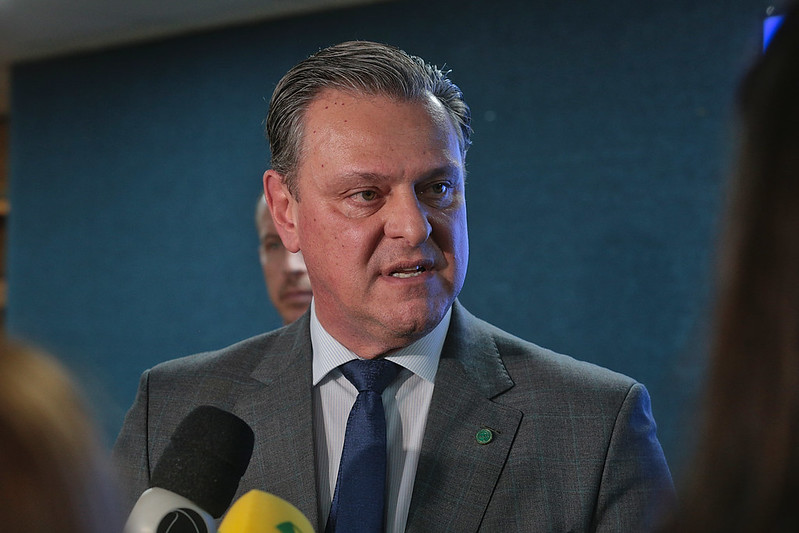Brazil’s Minister of Agriculture and Livestock, Carlos Fávaro, during his official visit to Tokyo on Friday (28), expressed Brazil’s intentions to “strengthen” bilateral relations with Japan.
These remarks come in the context of Japan imposing trade sanctions on Brazilian states affected by avian flu.
“Brazil is one of the few chicken producers free from avian flu in commercial farms.
We have a robust system, which is a collaboration between public and private sectors, making this industry efficient, competitive, and transparent,” Fávaro highlighted at a press conference held at the Brazilian embassy in Tokyo.

The minister’s statements mark the end of a Brazilian mission in Japan aiming to restore the levels of trade between the two nations that existed 15-20 years ago.
He emphasized that Japan’s government should lift the temporary suspension of chicken imports from Espirito Santo and Santa Catarina states due to avian flu outbreaks.
This suspension, implemented a few weeks ago, severely affects Santa Catarina, the state from where most of the chicken production sent to Japan originates.
Therefore, Brazil’s government requests the suspension to be limited to specific municipalities and not the entire state.
“Trade relations between Brazil and Japan are very balanced and beneficial to both countries, seeking parity and balance in this exchange,” added Fávaro.
He also mentioned plans to increase not only chicken imports but also eggs, pigs, and cattle.
Fávaro stated that Brazil does not plan to capitalize on Russia’s invasion of Ukraine to improve its position in other markets, but rather to play a role in favor of peace.
“It would be opportunistic for Brazil to treat this situation as an opportunity.”
“President Lula has a role in the pursuit of peace, and we are concerned about the hunger caused by this war and the risk of supply shortage in regions like Africa and Eastern Europe,” Fávaro commented.

